‘What is being promised?’: NDP, labour call for more transparency in trade talks with Trump
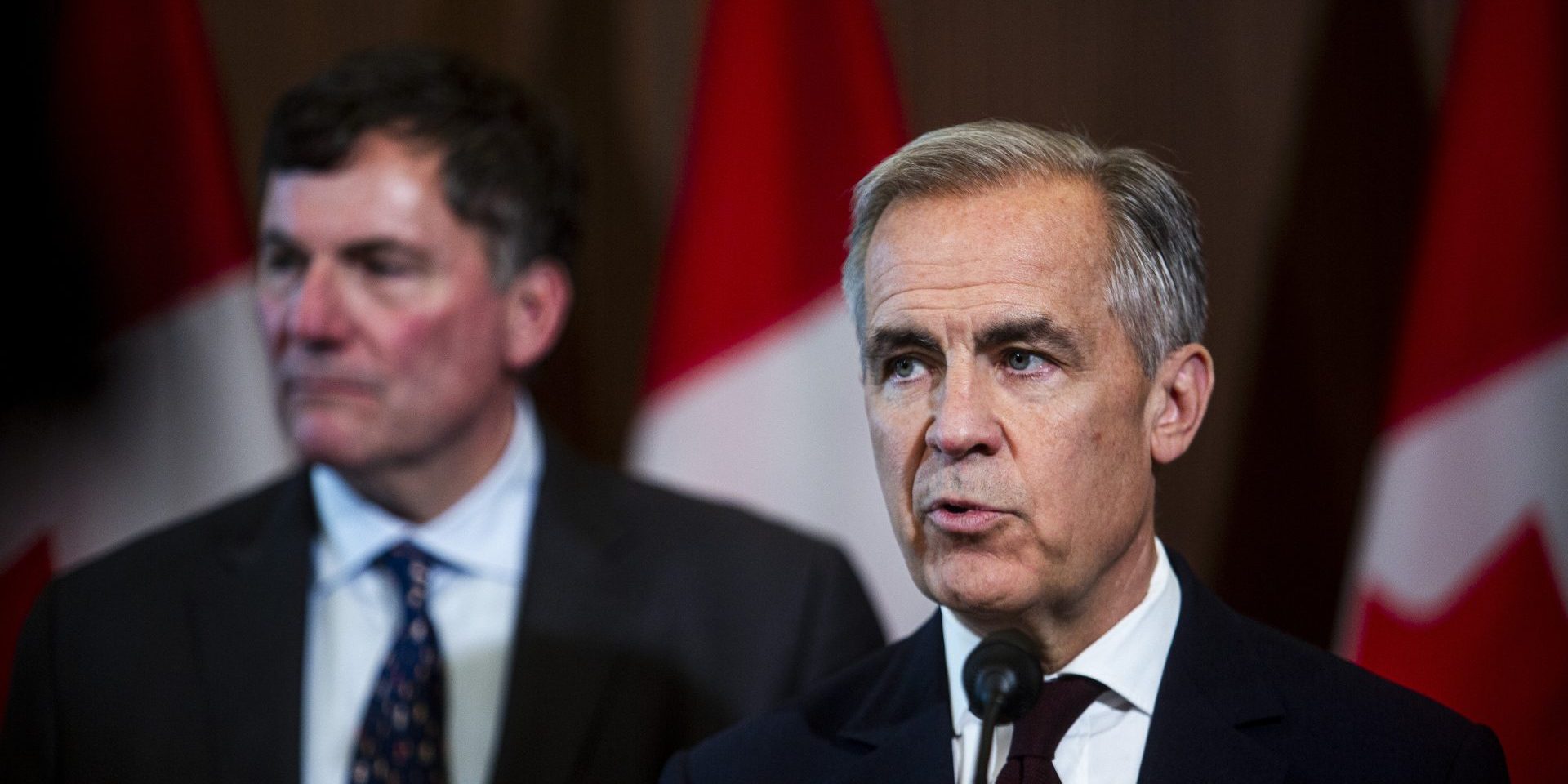
The New Democrats and labour groups want the Carney government to explain what it is seeking to accomplish in trade talks with the Trump administration as they once again restart.
Trade negotiations have consistently been clouded in opaqueness in Ottawa, despite the government conceding that Canadians have expressed concern over a “perceived lack of transparency” in trade talks. Prime Minister Mark Carney’s (Nepean, Ont.) Liberal government has added more murkiness in its negotiations with the United States as it has refused to disclose what it is seeking to accomplish in an economic and security pact.
In a series of volte-faces, Canada and the United States once again have returned to the negotiation table. After a 30-day deadline was broadcast at the G7 summit to complete the talks, U.S. President Donald Trump announced on June 27 that he was suspending negotiations over complaints with Canada’s digital services tax (DST). In a late night press release on June 29, Canada announced it would be rescinding the DST to restart trade talks—a major concession to the Trump administration.
“The path that the government is taking to negotiate with Donald Trump isn’t working, and Canadians have no transparency in terms what is being promised to this clearly erratic and unpredictable president,” NDP MP Heather McPherson (Edmonton Strathcona, Alta.), her party’s international trade critic, told The Hill Times prior to the announcement that the DST would be rescinded.
“What are Canadians giving that we don’t even know about? And that, to me, is a big concern,” she said on June 27 after Trump announced he would be terminating trade talks with Canada. “It has been clear from the very beginning that Donald Trump is trying to hurt Canada’s economy, [and] to hurt Canadians. So, what is our prime minister promising to this person whose clear goal is to injure the Canadian economy—and don’t Canadians deserve to have some of that information?”
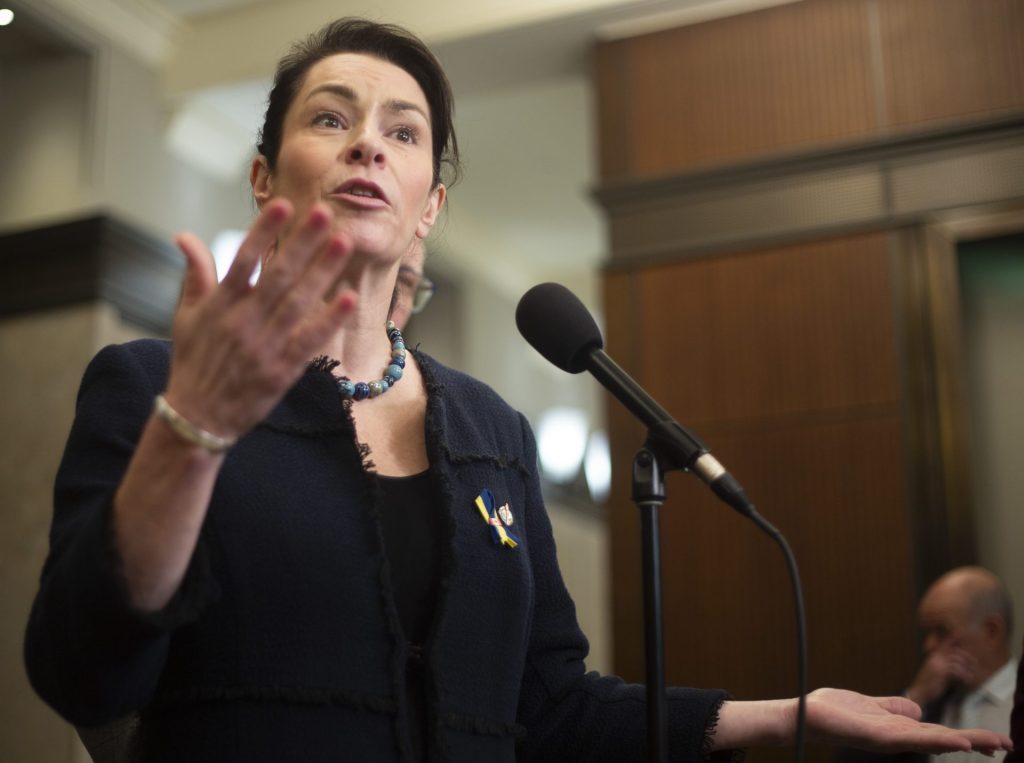
Gabriel Brunet, a spokesperson for Canada-U.S. Trade Minister Dominic LeBlanc (Beauséjour, N.B.), told The Hill Times in an email that Carney, LeBlanc, and other cabinet ministers, as well as Canadian Ambassador to the U.S. Kirsten Hillman “continue to make themselves available to media, and have laid out very clearly what Canada’s objectives are in those talks.”
When asked by a reporter on June 19 if Canada would sign a trade deal with the U.S. with tariffs still in place, Carney didn’t directly answer, remarking: “it’s a negotiation.”
Brunet said trade negotiations require secrecy.
“While the substance of discussions with the U.S. administration must remain private in order to maintain the integrity of those talks, our government has and will always seek to keep Canadians informed of developments,” he said.
The Liberal government has not offered any briefings to the NDP, McPherson said.
“We’ve been asking for them to be transparent with us from the beginning. This is what they promised us. This is what they told us they would do,” she told The Hill Times.
Brunet didn’t directly respond for comment regarding whether the government has been briefing opposition parties and stakeholders.
Feds renege on transparency promises: NDP
The New Democrats have previously called for the tabling of information in the House of Commons regarding negotiations with the U.S.
In a May 29 letter to Carney, NDP interim leader Don Davies (Vancouver Kingsway, B.C.) wrote that Canada had entered into “preliminary” talks over the Canada-United States-Mexico Agreement (CUSMA), according to a Canadian Press report. The North American trade pact has a mandated review in 2026. Davies highlighted transparency efforts that the previous Trudeau government had committed to, which include a tabling of a notice of intent to enter into trade talks 90 days beforehand, and a tabling of a notice of objectives 30 days before the talks begin. The government has yet to table either notice.
Those documents were added to the government’s policy on tabling treaties in Parliament in 2020 when the Trudeau government added additional transparency measures in exchange for the NDP’s support in passing the CUSMA implementation bill.
The policy notes that the government will table the documents prior to “commencing negotiations towards a new free trade agreement,” and defines a “free trade agreement” as a “comprehensive trade agreement between Canada and one or more states, customs territories or customs unions.” In the press release announcing that the DST would be rescinded, Finance Canada described the end goal of the negotiation as a “comprehensive trade arrangement.”
Brunet didn’t directly respond regarding whether the government considers the potential final product of the negotiations to be a “trade agreement,” nor if it would require an implementation bill.
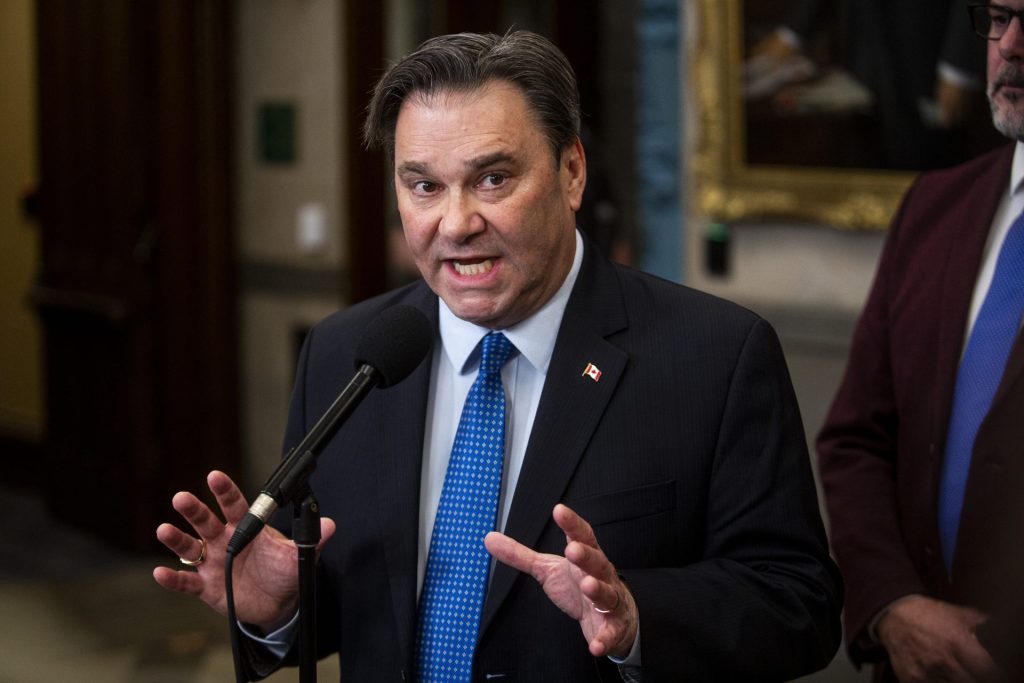
McPherson said the Liberals have said they would be transparent in trade negotiations, but are not doing so.
“They are backing away from that,” she said.
The Canadian government’s inclusive trade agenda acknowledges that there is a “perceived lack of transparency in trade agreement negotiations,” and that it has committed to “improving transparency throughout negotiation processes and related activities.”
International trade lawyer Matthew Kronby, a partner at Osler, Hoskin, and Harcourt, said trade agreements aren’t negotiated in public, and in this case, this isn’t a typical trade pact being worked on.
“This can’t be a trade agreement in the traditional sense,” he said, noting that the Trump administration hasn’t requested trade-promotion authority from the U.S. Congress, which sets out the guidelines and objectives that the White House has to seek in trade talks.
In the meantime, Kronby said all the White House can do is reduce existing or impending tariffs.
McPherson remarked that there isn’t a trade agreement that Canada can sign with the U.S. that Canadians can be confident in as the Trump administration chose to break the CUSMA, which it had previously negotiated.
The House Committee for International Trade—which the NDP is not a part of as it currently does not have recognized party status—has indicated the first three studies it will tackle this Parliament, none of which deal with trade negotiations with the U.S.
The government never launched public consultations for negotiations with the U.S.
Labour not involved in trade negotiation process
Elizabeth Kwan, the Canadian Labour Congress’ senior researcher, said the Carney government’s push for urgent action cannot be an excuse not to be transparent about what is being negotiated.
Carney has frequently remarked that Canada will “take as long as necessary, but no longer” to reach a deal with the U.S.
Kwan said that, as much as it is urgent for the government to act, there is also urgency for Canadians to know what is happening.
“We actually have very, very little information about the economic and security deal,” she said. “We don’t know what’s in it. We don’t know what’s being put on the table or not being put on the table.”
She said that union involvement in the trade talks has “not been adequate.”
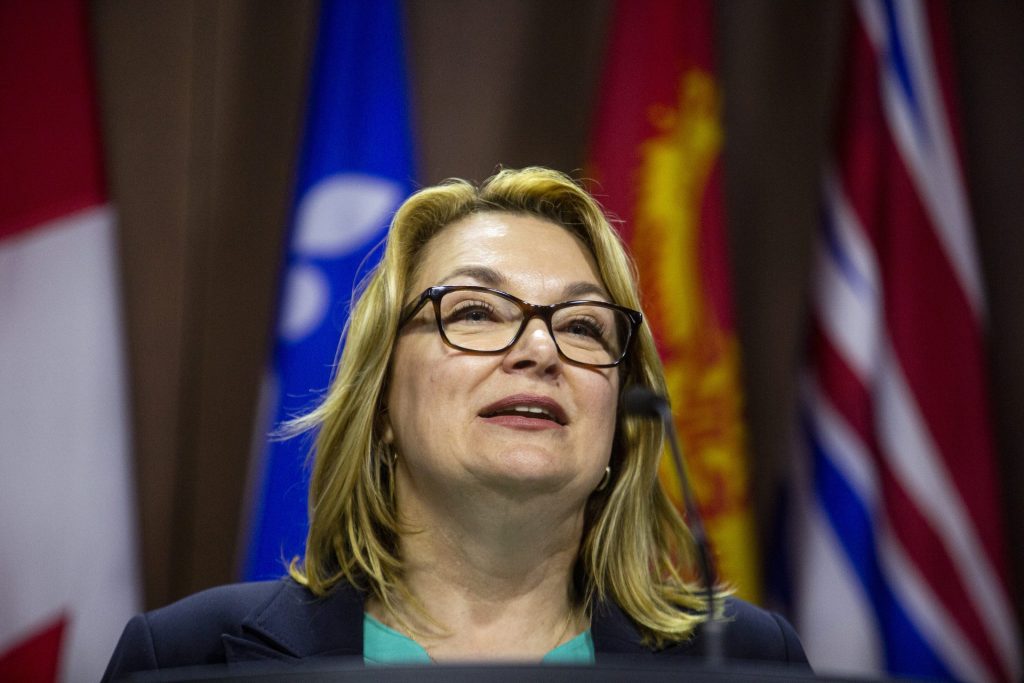
“The prime minister and the government have not actually meaningfully and legitimately involved the union in any of this,” she said. “What that means is when it rolls out, it is the voice of government and businesses without any input from workers.”
“There’s no worker voice and no worker input into the process that is meaningful,” Kwan said, remarking that there have been no meaningful consultations, only limited sectoral engagement.
She said the tabling of a notice of intent and a notice of objectives should have happened.
“Let’s not mince words here,” Kwan said. “The economic and security deal is definitely a trade deal.”
She said it isn’t “adequate” for it to be discovered in the media that negotiations are taking place.
“Transparency is something that is part of our democracy, and I am hoping that there is a course correction in strengthening those democratic processes [as] opposed to going down the road that we are going down right now,” Kwan said.
Liberals have yet to articulate end goal for talks
Meg Gingrich, assistant to the national director of United Steelworkers Canada, said there have only been general updates with little details given about the negotiations.
She said that most of the information comes during government briefings regarding domestic support for the steel industry from Finance Canada, as opposed to the negotiations team at Global Affairs Canada.
“There’s been pretty low transparency,” she said. “It’s probably been a change since the previous government.”
But Gingrich said that added transparency didn’t necessarily lead to better results.
“There are a lot of consultations, but I don’t know how sincere they always were,” she said.
She said the union’s main concern is the end result and ensuring that their concerns are addressed.
“But that has to happen—to some extent—through consultation and transparency,” Gingrich said. “But if the only goal is to be as transparent as possible, that’s not necessarily what we would want. It’s part of it, but it has to be more meaningful than just transparency for transparency’s sake.”
She said it remains unclear what the Canadian government’s end goal is with the current negotiations.
“That was never really told to us,” she said. “That is a concern.”
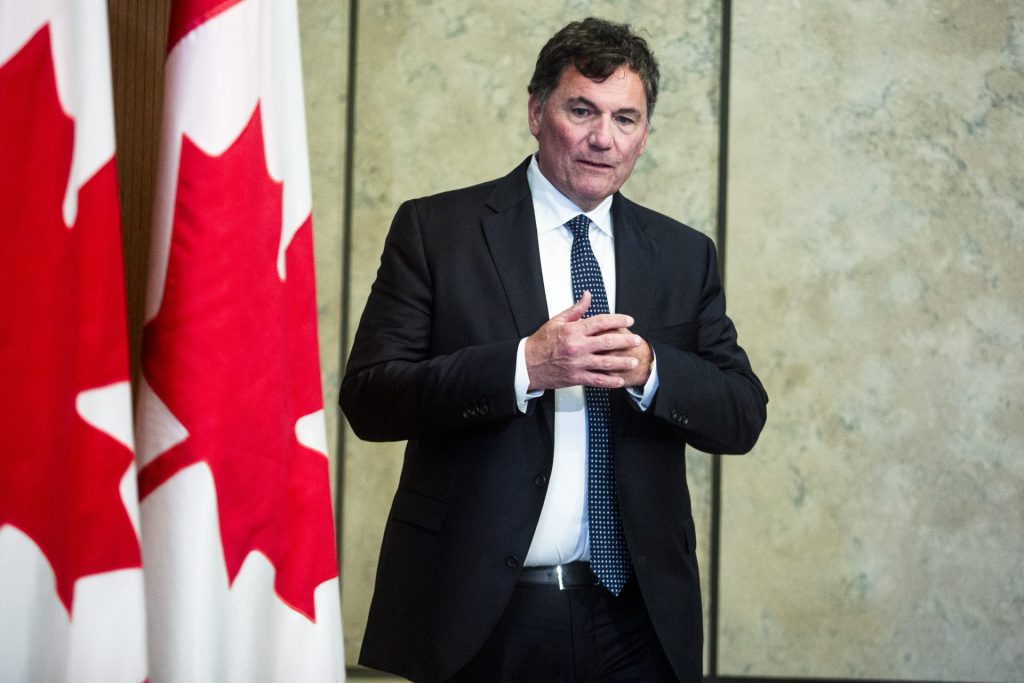
Gingrich endorsed the tabling of a notice of the government’s objectives in Parliament.
“Generally, that is something that would be valuable for the ability to see those goals and have some sort of participatory process and oversight of it,” she said.
Stuart Trew, senior researcher at the Canadian Centre for Policy Alternatives, said there is a state of “total secrecy” with “no transparency” over what is being negotiated.
“We don’t know what Trump wants. We don’t know what he’s asked for. We don’t know what Canada’s proposed,” he said. “We have this ‘trust us’ message coming from the federal government.”
He added that there are a lot of mixed messages coming from the government over how it is proceeding with negotiations and how it campaigned for a changed relationship with the U.S. during the election.
Trew said he would like to see the government’s objectives for trade talk with the U.S., but noted that he imagines that they are limited to removing tariffs, as that is the desire from all countries that are dealing with Trump.
“But even there, the government hasn’t been very clear about that,” he said, remarking that instead Carney has repeated the line of having a mandate to negotiate a new economic and security partnership with the U.S.
nmoss@hilltimes.com
The Hill Times






 LICENSING
LICENSING PODCAST
PODCAST ALERTS
ALERTS













